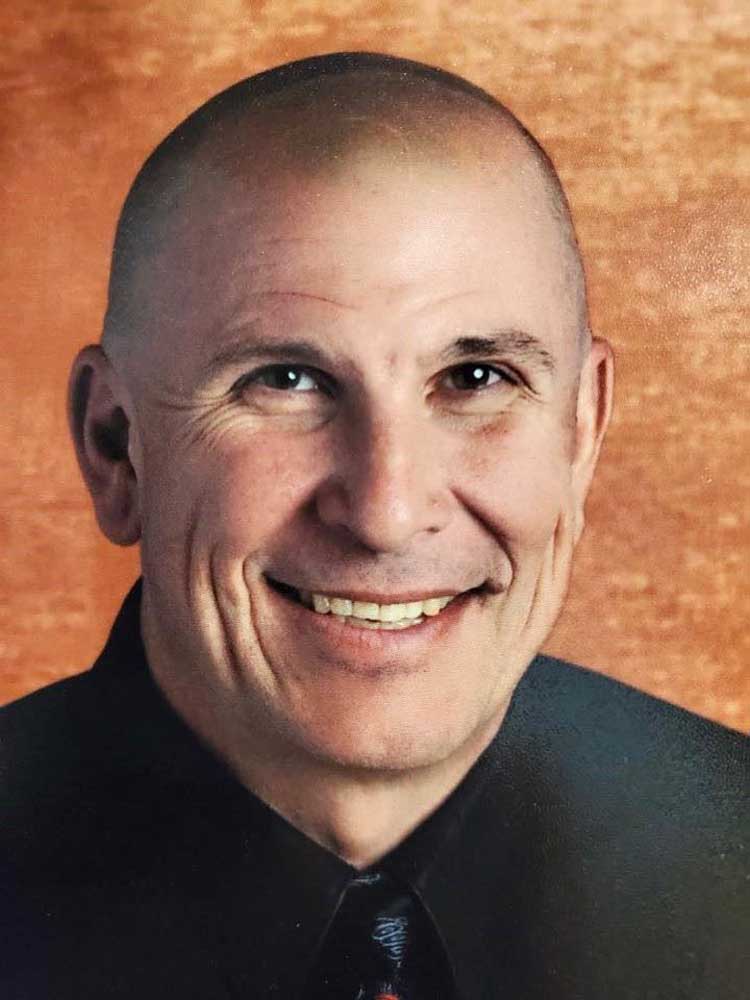Confronting teasing head on
Published 7:05 pm Wednesday, December 25, 2002
PENDLETON – When Stacey Canfield was a child living in Portland, her family decided to take a weekend drive to the coast. As the family car neared a bridge, a pin came out of the steering wheel and the car slammed into the railing.
Five-year-old Stacy suffered a shattered hip, a serious head injury causing slight brain damage and paralyzed eyes that refused to see what she wanted them to see.
The worst came later, though, when classmates ridiculed and ostracized her because she couldn’t walk right, couldn’t talk right, couldn’t do anything the way they thought it should be done.
“I want to teach kids that it is not OK to tease because it hurts, and it hurts forever,” said Canfield, who has been discussing that topic at schools and youth groups around Pendleton.
Canfield may not subscribe to popular sing-song saying, “Sticks and stones may break my bones, but words will never hurt me,” but she is a firm believer in divine providence. In fact, she’s even beginning to wonder if that ill-fated coastal drive was God’s doing.
Last year, when her 6-year-old daughter Elizabeth came home and told her that she was being teased because her mom wasn’t like the other moms, Canfield decided to go directly to the source. She arranged a meeting with Hawthorne’s school counselor and told her story to students, explaining why bullying can be so hurtful. She now thinks that perhaps all her suffering had a purpose – to help others gain compassion.
“If people need me, I want to be there,” Canfield said. “That is my goal, to share my experience. God is my focus point. … I don’t want to preach to kids, but I want them to know that God gave me the ability to share.”
Canfield has been visiting other elementary schools and youth groups in the area. At McKay Elementary she and Dotty Judy, a counselor at McKay and Lincoln schools, spent a week visiting with classes. Judy said that she spends a lot of time talking to students about respect and being sensitive to differences in people, but having Canfield visit made the message hit home.
“I think she did a service for my program,” said Judy. “The kids were all friendly and positive with her. They realize that she’s a real person. They’re much more comfortable speaking to her now when she’s in the classroom as a parent helper.”
Judy said that even though Canfield is not a teacher, she is adept at getting her point across in a way that children of all ages can understand.
Canfield and Judy agree that teasing has increased in the last few years, which may help explain the school shootings that have scarred the country.
According to the American Psychological Association, studies of middle school students in the Midwest found that as many as 80 percent participate in some form of bullying. In addition, the line between bully and victim is getting fuzzier. Often children tease as a reaction to being teased.
Still, Judy thinks schools are getting better at identifying bullies and spotting the behavior of victims.
“There’s lots of lonely kids out there who feel very alienated and are very angry,” Judy said, “But there’s much more effort going into identifying kids who may not be acting out, but then all of a sudden explode.”
Canfield thinks that if children had an outlet for their anger, if they were reminded they have a future, maybe they wouldn’t resort to violence.
To explain, Canfield tells a story about when she was in junior high and her patience ran out with a boy who had been teasing her all year. She reached her boiling point and hit him.
“Which was wrong,” she added. “And I didn’t realize that then. But I felt that was the only way I could tell him what I felt.”
Canfield urged children and teens who experience teasing to “talk about your feelings. Tell the principals. Tell the teachers. Tell the counselors. Don’t let it bottle up.”
Canfield is willing to talk to more classes locally, including middle and high schools. She encourages teachers or counselors to call her at 276-8287.





